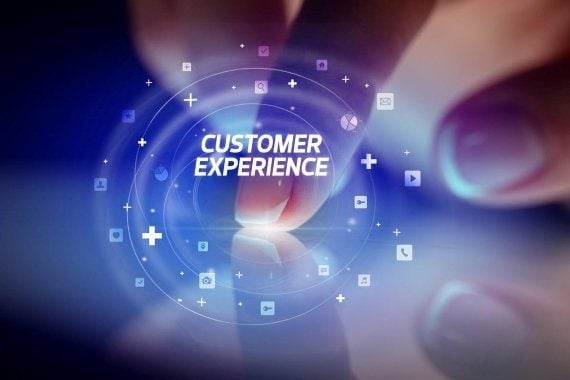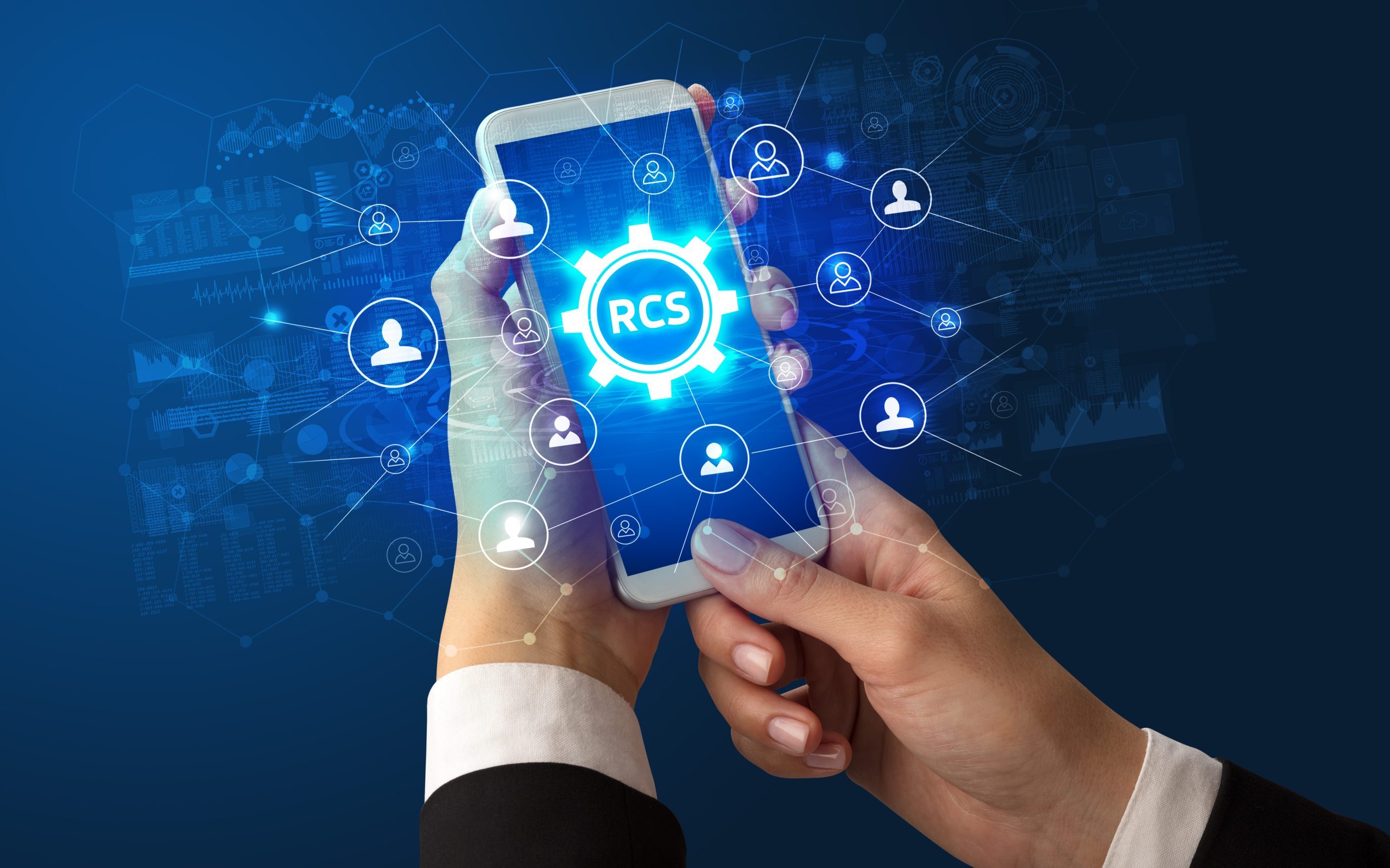MOBILE, Alabama -- Dean Parker, chief executive officer and founder of Callis Communications, started his last work week at company headquarters in Mobile, jumped on a plane for a business dinner in Washington, D.C., returned to Mobile for a board meeting, then headed to Los Angeles to meet with "entrepreneurs of game-changing technology on the West Coast."
And that was just through Wednesday.
For Parker, 37, who founded Callis in 2005 to provide unified communications systems, constant movement seems in keeping with his success.
"If you've spent any time around Dean you know he's an energy source," said Michael Chambers, president and CEO of Mobile-based Swift Biotech.
Parker, said Chambers, has "what it takes to make it: passion and persistence."
Driven by a life-long enthusiasm to sell and led by his faith in God, Parker has taken a small business that started with a handful of employees and turned it into an economic powerhouse.
Last week, he was named a finalist for the 2012 Ernst & Young Entrepreneur of the Year Award in the Alabama/Georgia/Tennessee region.
Though excited by the honor, he deflected attention from himself during a telephone conversation from Los Angeles.
"I consider it a badge of honor for the city of Mobile," said Parker, a Philadelphia native. Too often, he said, Mobile is "the red-haired stepchild for big corporate awards."
The Ernst & Young validation is "a big deal," noted Deborah Spake, associate dean of the University of South Alabama's Mitchell College of Business.
One of the criteria studied, said Spake, a former judge in the Ernst & Young program, is the financial success of the firm.
"He grew revenue by more than 600 percent in three years," said Spake, whose classes have benefited from Parker's as a visiting lecturer.
"For students to be able to see you can stay in this community and be very successful," she said, "is an important message."
Religious conviction helped develop Parker's business philosophy
After growing up in Pennsylvania, Parker headed to Liberty University in Lynchburg, Va., a Christian college founded by the Rev. Jerry Falwell, Sr.
At Liberty, he said, he deepened his religious convictions and developed his business philosophy.
"People use a phrase, they say, 'It's business, it's not personal,'" he said. "I believe business is personal. ... My integrity is more important to me than the dollar."
After graduation, he sold cars in Lynchburg while his wife, Joanne, finished her student teaching.
One day a man who came in to buy a car was impressed with Parker and offered him a job at a division of General Electric operating in town. Within two years, his distribution channel was generating $130 million in revenue, Parker said.
When that GE division was sold to Ericsson, Parker's path again turned.
This time, a customer asked if he'd be interested in getting into the pager business and setting up shop in Mobile.
"We prayed on it," he said, then the couple made the move.
He opened Allpager in 1999, but found a city full of family businesses with "many long-standing relationships."
"We had to work and build trust with the people in the community to do business here," he said. "My greatest strength was my ability to network and help people."
Still, he said, the company's wasn't making money.
Technology was rapidly changing. Cell phones were coming in; pagers were going out.
He learned again, he said, that "innovation is driven by necessity."
Parker turned to his customers, asking them to describe their "pain point" in business communications. He learned that while they had phones, computers, Internet providers, none of the technology worked together.
And when something went wrong, he added, "everybody pointed fingers."
Callis -- pronounced 'call us' and taken from the Latin word for path -- is the company that emerged.
Its cloud-based service model provided "not a difference in technology, but a difference in delivery," he said.
After arriving at a solution, Parker said, he still needed customers.
He found not only that, but a mentor as well, in Mark Foley, president of the Baptist-affiliated University of Mobile.
"He doubled my revenue," said Parker of Foley's early vote of confidence.
At breakfasts together, the two men talked about life, about faith, about business.
"Serving as a sounding board for Dean," Foley said, "and talking through the challenges that the next generation of leaders is facing in their personal and professional life causes you to look deeply at your own life and keep it focused on the things that are truly important."
Good references -- and more business -- followed.
Callis started in 2005 with six employees. Today, said Parker, there are more than 45.
Among its more than 500 customers, according to Deanna DeWitt, marketing manager, are Volunteers of America Southeast, Alabama Orthopaedic Clinic, Singing River Hospital, South Baldwin Regional Medical Center and Intertek USA Inc.
Wherever technology takes the marketplace, he said, Parker is determined to keep his long-held business conviction in front of him:
"People to people," he said. "We're going to focus on relationships."
And that was just through Wednesday.
For Parker, 37, who founded Callis in 2005 to provide unified communications systems, constant movement seems in keeping with his success.
"If you've spent any time around Dean you know he's an energy source," said Michael Chambers, president and CEO of Mobile-based Swift Biotech.
Parker, said Chambers, has "what it takes to make it: passion and persistence."
Driven by a life-long enthusiasm to sell and led by his faith in God, Parker has taken a small business that started with a handful of employees and turned it into an economic powerhouse.
Last week, he was named a finalist for the 2012 Ernst & Young Entrepreneur of the Year Award in the Alabama/Georgia/Tennessee region.
Though excited by the honor, he deflected attention from himself during a telephone conversation from Los Angeles.
"I consider it a badge of honor for the city of Mobile," said Parker, a Philadelphia native. Too often, he said, Mobile is "the red-haired stepchild for big corporate awards."
The Ernst & Young validation is "a big deal," noted Deborah Spake, associate dean of the University of South Alabama's Mitchell College of Business.
One of the criteria studied, said Spake, a former judge in the Ernst & Young program, is the financial success of the firm.
"He grew revenue by more than 600 percent in three years," said Spake, whose classes have benefited from Parker's as a visiting lecturer.
"For students to be able to see you can stay in this community and be very successful," she said, "is an important message."
Religious conviction helped develop Parker's business philosophy
After growing up in Pennsylvania, Parker headed to Liberty University in Lynchburg, Va., a Christian college founded by the Rev. Jerry Falwell, Sr.
At Liberty, he said, he deepened his religious convictions and developed his business philosophy.
"People use a phrase, they say, 'It's business, it's not personal,'" he said. "I believe business is personal. ... My integrity is more important to me than the dollar."
After graduation, he sold cars in Lynchburg while his wife, Joanne, finished her student teaching.
One day a man who came in to buy a car was impressed with Parker and offered him a job at a division of General Electric operating in town. Within two years, his distribution channel was generating $130 million in revenue, Parker said.
When that GE division was sold to Ericsson, Parker's path again turned.
This time, a customer asked if he'd be interested in getting into the pager business and setting up shop in Mobile.
"We prayed on it," he said, then the couple made the move.
He opened Allpager in 1999, but found a city full of family businesses with "many long-standing relationships."
"We had to work and build trust with the people in the community to do business here," he said. "My greatest strength was my ability to network and help people."
Still, he said, the company's wasn't making money.
Technology was rapidly changing. Cell phones were coming in; pagers were going out.
He learned again, he said, that "innovation is driven by necessity."
Parker turned to his customers, asking them to describe their "pain point" in business communications. He learned that while they had phones, computers, Internet providers, none of the technology worked together.
And when something went wrong, he added, "everybody pointed fingers."
Callis -- pronounced 'call us' and taken from the Latin word for path -- is the company that emerged.
Its cloud-based service model provided "not a difference in technology, but a difference in delivery," he said.
After arriving at a solution, Parker said, he still needed customers.
He found not only that, but a mentor as well, in Mark Foley, president of the Baptist-affiliated University of Mobile.
"He doubled my revenue," said Parker of Foley's early vote of confidence.
At breakfasts together, the two men talked about life, about faith, about business.
"Serving as a sounding board for Dean," Foley said, "and talking through the challenges that the next generation of leaders is facing in their personal and professional life causes you to look deeply at your own life and keep it focused on the things that are truly important."
Good references -- and more business -- followed.
Callis started in 2005 with six employees. Today, said Parker, there are more than 45.
Among its more than 500 customers, according to Deanna DeWitt, marketing manager, are Volunteers of America Southeast, Alabama Orthopaedic Clinic, Singing River Hospital, South Baldwin Regional Medical Center and Intertek USA Inc.
Wherever technology takes the marketplace, he said, Parker is determined to keep his long-held business conviction in front of him:
"People to people," he said. "We're going to focus on relationships."



